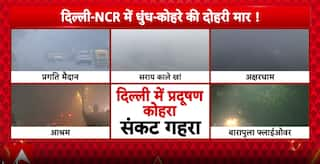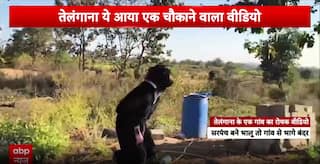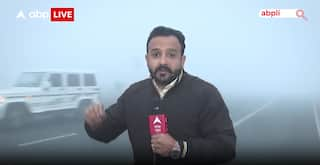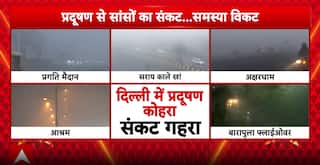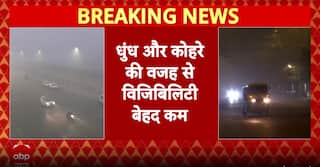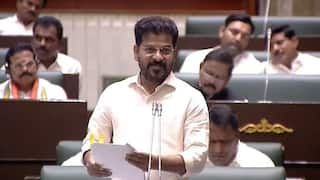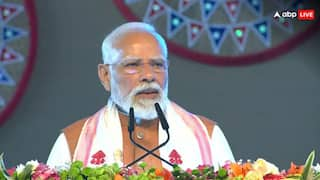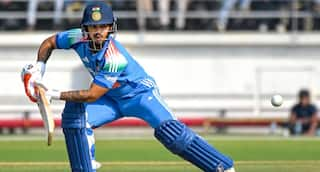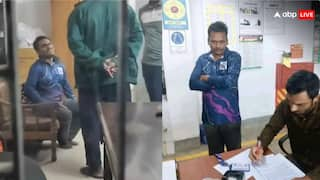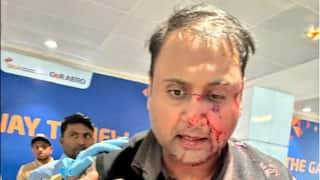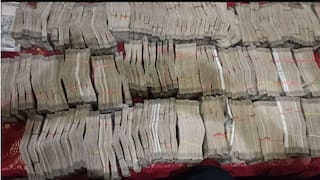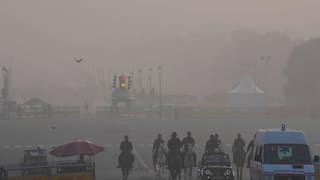‘No Criminality’ Found: CBI Informs Supreme Court On Its Probe Into Niira Radia Tapes Case
The matter has been listed for next hearing on October 12. Additional Solicitor General Aishwarya Bhati submitted that the petition may be disposed of in the light of the right to privacy judgement

New Delhi: The Central Bureau of Investigation on Wednesday informed the Supreme Court that it has found “no criminality” in its investigation into the Niira Radia tapes case, reported news agency ANI. The federal probe agency has been investigating into the contents of the transcripts of tappped conversation between former corporate lobbyist Niira Radia and politicians, lawyer, journalists, and industrialists.
The apex court directed the CBI to file a status report on the investigation into Radia’s tapped conversations.
A three-judge bench headed by Justice D Y Chandrachud was hearing a plea by industrialist Ratan Tata who sought protection of right to privacy after Niira Radia tapes emerged.
"We will have it after the vacations as there is a Constitution Bench next week. Meanwhile, the CBI may file an updated status report," said the bench also comprising Justices Hima Kohli and P S Narasimha.
The matter has been listed for next hearing on October 12. Additional Solicitor General Aishwarya Bhati, appearing for the Centre, submitted that the petition may be disposed of in the light of the right to privacy judgement of the apex court.
The apex court in 2017 has unanimously delivered its judgment in Justice (retd) K.S. Puttaswamy case, holding that privacy is a constitutionally protected right.
ALSO READ: Rear Seat Belt Alarm To Be Made Mandatory, Road Ministry Drafts Rules
"I must inform you that the CBI was directed by your lordship to investigate all these conversations. Fourteen preliminary inquiries were registered and the report was placed before your lordships in a sealed cover. No criminality was found in those. Also, now there are phone-tapping guidelines in place," Bhati said.
At the outset, the counsel, appearing for Tata, sought an adjournment.
Bhati said nothing remains in the matter after the privacy judgment.
The counsel for the petitioner informed the apex court that there is another petition filed by NGO Centre for Public Interest Litigation (CPIL), which had sought that these transcripts be made public in the larger public interest.
Advocate Prashant Bhushan, appearing for the CPIL, said Radia was a corporate lobbyist for two of the most important companies and there were attempts to influence public persons etc. which was revealed.
The top court was hearing Tata's petition seeking action against those involved in the leakage of the tapes alleging the leakage amounts to infringement of his fundamental right to life, which includes the right to privacy under Article 21 of the Constitution.
ALSO READ: ADB Cuts India's GDP Growth Forecast For FY23 To 7% On High Inflation, Monetary Tightening
He had contended that as a corporate lobbyist Radia's phone was tapped for probing alleged tax evasion and the tapes cannot be used for any other purpose.
Radia’s conversation with politicians, lawyers, journalists, and industrialists recorded by the Central Board of Direct Taxes between 2008 and 2012 had created a stir in the country.
The CBDT had tapped Radia’s phone as part of surveillance after a complaint was received by the then Finance Minister on November 16, 2007 where it was alleged that with a span of nine years, the corporate lobbyist had established a business empire worth Rupees 300 crore.
Among the petitions filed in connection with this case, one was submitted by former Tata Sons chairman Ratan Tata who claimed that some of those conversations, being private in nature, should not have been leaked to the public.
(With inputs from PTI)











